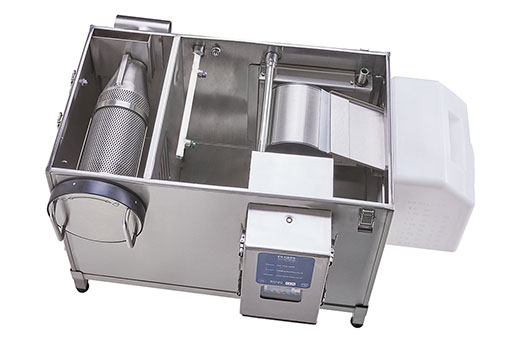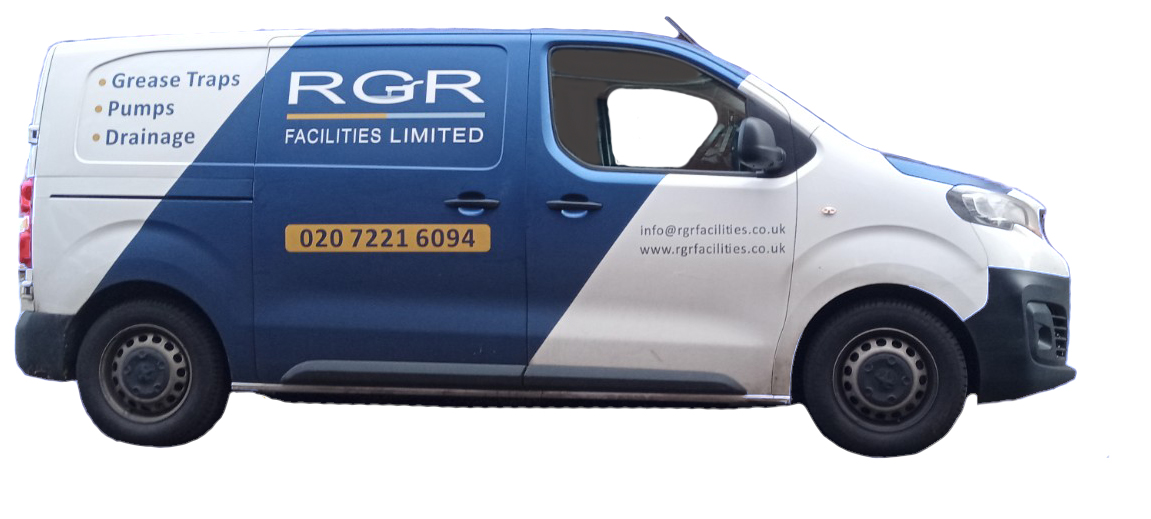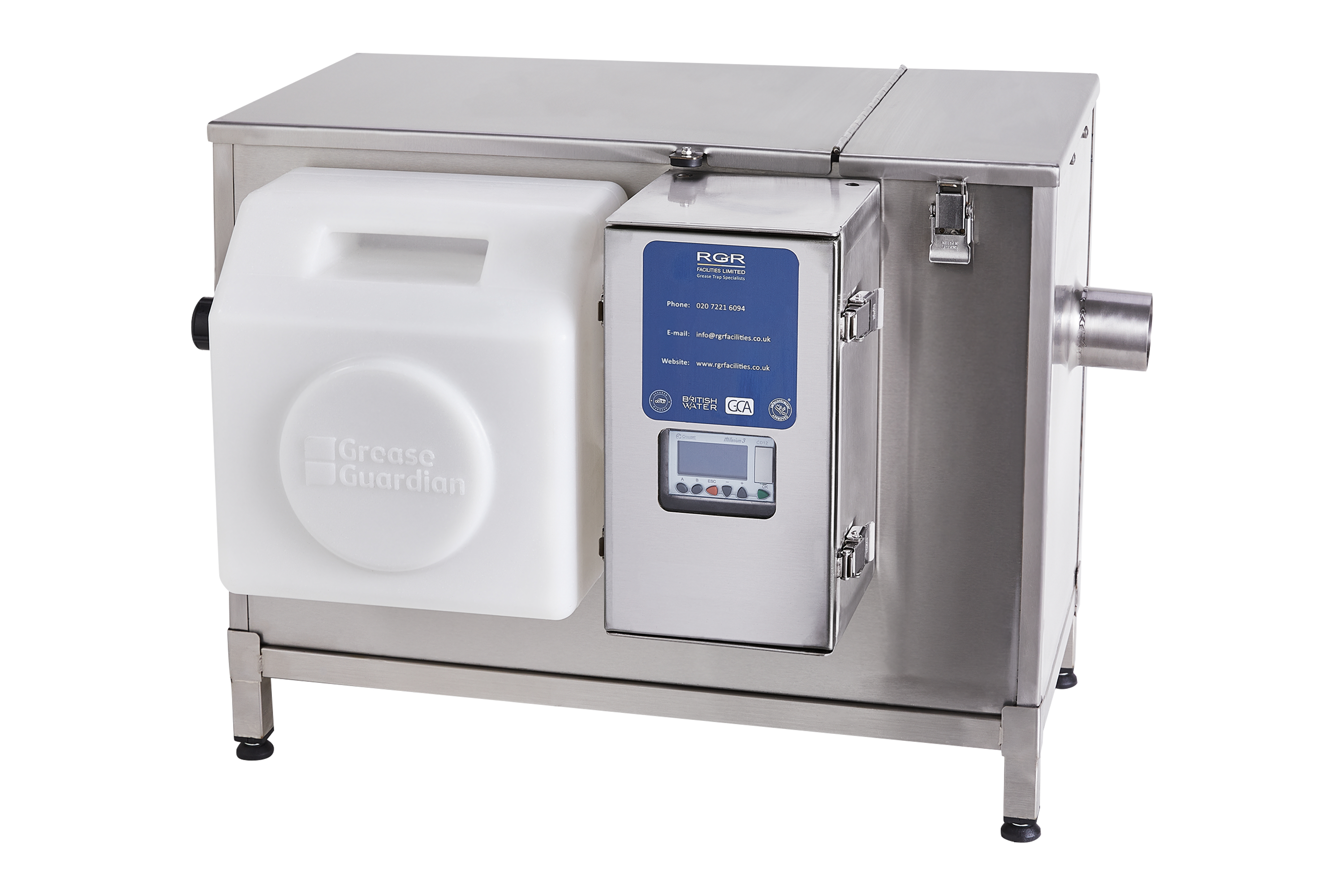


The festive season is a time of joy, celebration, and indulgence—and for commercial kitchens, it’s also the busiest time of the year. With Christmas and New Year’s bringing an influx of customers, the pressure on kitchen operations increases exponentially. One critical challenge that often goes overlooked is the increased load on drains and grease traps.
Let’s explore why this happens, the potential consequences of neglect, and how partnering with RGR Facilities for their grease management solutions can help ensure smooth operations during this peak season.

The Grease Guardian GGX7(C) is a specialized grease removal unit designed specifically to handle the outflow from combi ovens in commercial kitchens. This unit is tailored to capture and remove fats, oils, grease (FOG), and food waste, ensuring smooth operation and compliance with local regulations for combi oven wastewater management. Here are the key benefits of installing the Grease Guardian GGX7(C):

In the dynamic world of facility management, RGR Facilities stands out as a beacon of excellence and innovation. For years, RGR Facilities has been synonymous with quality, efficiency, and top-tier service, setting benchmarks in the industry. But what makes RGR Facilities a leader in its field? Let's delve into the key aspects that define its success and explore the breadth of services it offers.

Are you a business owner in Leeds or the surrounding area struggling with grease trap, pump or drain maintenance? Look no further!
RGR is here to ensure that your pumps, drains, grease traps and grease removal equipment are operating at their best, keeping your business running smoothly and efficiently.

In the realm of commercial kitchens, the grease trap often plays the role of the silent hero, quietly performing its duty without much fanfare. Yet, behind the scenes, this unassuming piece of equipment serves a crucial function, one that can significantly impact both the efficiency of kitchen operations and the environment. In this blog post, we'll delve into the benefits of investing in a grease trap and why it's a wise decision for any establishment dealing with fats, oils, and grease (FOG).


